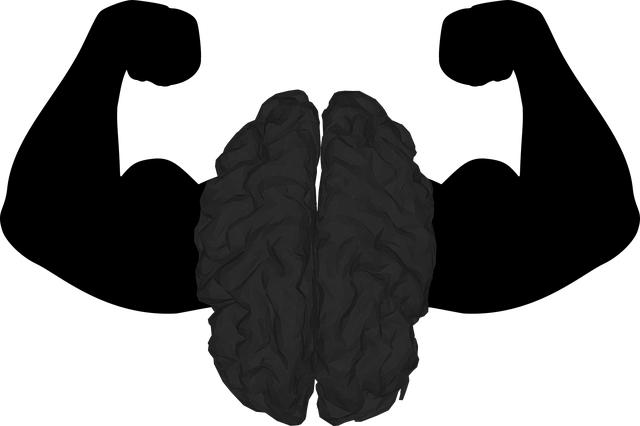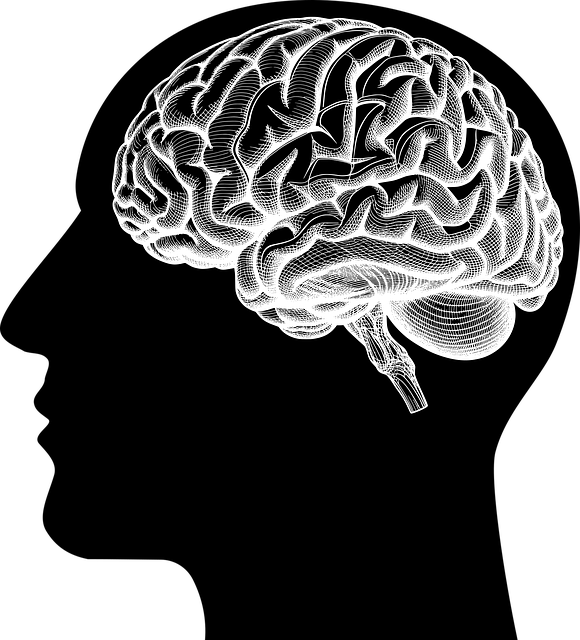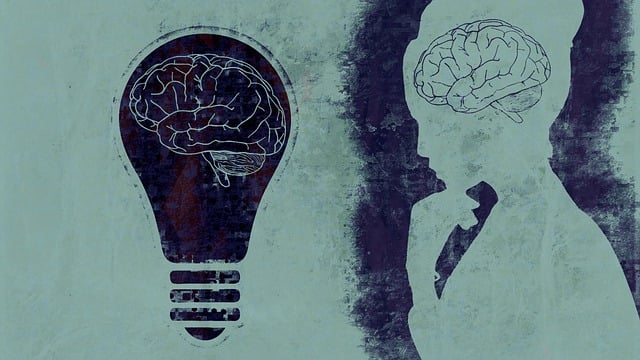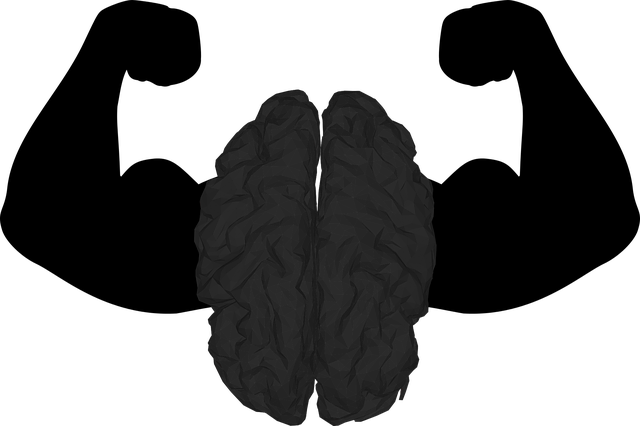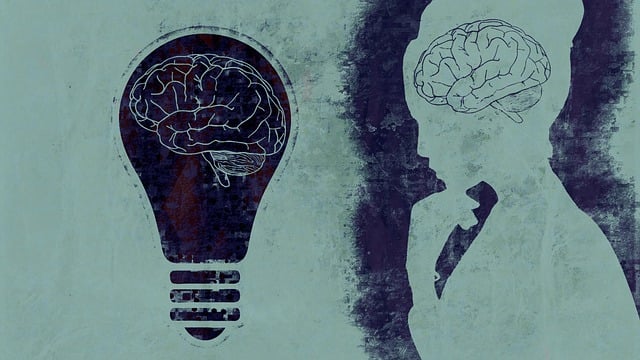Lakewood EMDR Certified Therapy leverages data collection methods, including self-reported surveys and clinical assessments, for effective mental health treatment. Their approach involves normalizing data, addressing missing values, and integrating diverse sources for a comprehensive view. Eye Movement Desensitization and Reprocessing (EMDR) therapy, an evidence-based method for treating PTSD, is a key tool that assists therapists in analyzing emotional responses, tracking progress, and uncovering underlying trauma. Advanced data analysis techniques enable therapists to uncover patterns, make informed decisions, and develop personalized strategies using visual aids like graphs. Case studies show Lakewood EMDR Certified Therapy's success in treating complex conditions like PTSD and anxiety disorders, while also reducing mental illness stigma through showcasing therapeutic impacts.
Mental health data analysis is transforming the way we understand and treat psychological conditions. This article explores the power of utilizing data for better patient outcomes, focusing on techniques like EMDR (Eye Movement Desensitization and Reprocessing). We delve into understanding mental health data, preparing it for analysis, and interpreting results through visualization. Additionally, case studies highlight the success of data-informed care using Lakewood EMDR Certified Therapy, demonstrating its impact on patient well-being.
- Understanding Mental Health Data: Collection and Preparation
- Applying EMDR Therapy Techniques for Data-Driven Insights
- Interpretation and Visualization for Effective Treatment Planning
- Case Studies: Success Stories of Data-Informed Mental Health Care with Lakewood EMDR Certified Therapy
Understanding Mental Health Data: Collection and Preparation

Understanding Mental Health Data is a pivotal step in delivering effective treatment and care. It involves a meticulous process of data collection and preparation, where various methods are employed to gather accurate insights into individuals’ mental health states. This includes self-reported surveys, clinical assessments, and observations conducted by trained professionals. At its core, the initial phase of data analysis relies on consistent and comprehensive recording of symptoms, behaviors, and relevant contextual information. For instance, Lakewood EMDR Certified Therapy often employs structured interviews and standardized assessment tools to capture the nuances of a client’s experience, ensuring a robust foundation for subsequent analysis.
Effective preparation of mental health data involves normalizing raw data, addressing missing values, and integrating diverse sources to create a holistic picture. Crisis Intervention Guidance and Risk Management Planning are crucial components in this process, as they help identify high-risk individuals and ensure the safety and well-being of both clients and professionals. By implementing robust risk assessment strategies and utilizing Conflict Resolution Techniques, mental health practitioners can efficiently navigate complex situations, foster a secure environment, and facilitate meaningful data interpretation for personalized treatment planning.
Applying EMDR Therapy Techniques for Data-Driven Insights

Applying EMDR (Eye Movement Desensitization and Reprocessing) therapy techniques offers a powerful approach to mental health data analysis, providing valuable insights into an individual’s emotional healing processes. This evidence-based method, with its roots in trauma therapy, has shown remarkable effectiveness in treating conditions such as post-traumatic stress disorder (PTSD). By combining guided eye movements with cognitive processing, EMDR facilitates the brain’s natural healing mechanism, helping clients reprocess traumatic memories and reduce their impact.
In the context of Lakewood EMDR Certified Therapy, this technique becomes a game-changer for data interpretation. Therapists can analyze emotional responses, identify triggers, and track progress over time. For instance, in treating depression prevention, EMDR can assist in uncovering underlying trauma contributing to low mood, enabling more targeted interventions. Moreover, risk management planning for mental health professionals is enhanced through EMDR’s ability to provide detailed data on client improvements, facilitating informed decision-making and personalized care.
Interpretation and Visualization for Effective Treatment Planning

Interpretation and visualization play a pivotal role in effective treatment planning for mental health conditions. By utilizing advanced data analysis techniques, therapists can gain valuable insights into an individual’s psychological landscape. This involves identifying patterns, trends, and correlations within collected data, such as patient history, symptoms, and treatment responses. Through the application of Mind Over Matter principles, therapists can then translate these findings into actionable strategies tailored to each client’s unique needs.
Visual aids, like graphs and charts, are powerful tools in this process. They enable professionals to communicate complex information more clearly to both clients and colleagues. For instance, a therapist using Lakewood EMDR Certified Therapy techniques might visualize a patient’s progress over time, highlighting areas of improvement and lingering challenges. This not only aids in treatment planning but also serves as a compelling tool for Mental Illness Stigma Reduction Efforts by demonstrating the tangible results of therapeutic interventions, thereby fostering hope and understanding.
Case Studies: Success Stories of Data-Informed Mental Health Care with Lakewood EMDR Certified Therapy

Case studies highlight the transformative power of Lakewood EMDR Certified Therapy in mental health care. By leveraging data-informed approaches, therapists have successfully treated complex conditions such as PTSD and anxiety disorders. These success stories demonstrate how structured protocols, combined with emotional regulation techniques like Eye Movement Desensitization and Reprocessing (EMDR), can lead to significant improvements in patient outcomes.
For instance, crisis intervention guidance tailored using data analysis has shown remarkable results in acute care settings. Moreover, burnout prevention strategies for healthcare providers integrated with EMDR therapy have enhanced both professional resilience and patient satisfaction. These examples illustrate the versatility of Lakewood EMDR Certified Therapy in addressing diverse mental health challenges, underscoring its role as a game-changer in modern therapeutic practices.
Mental health data analysis is a powerful tool that, when combined with expert interpretation, can significantly enhance treatment outcomes. As demonstrated by case studies involving Lakewood EMDR Certified Therapy, leveraging collected data and applying evidence-based techniques like EMDR can lead to successful and personalized care plans. By embracing data-driven insights, mental health professionals can better navigate complex client journeys, ultimately fostering improved well-being and quality of life for those seeking support.


